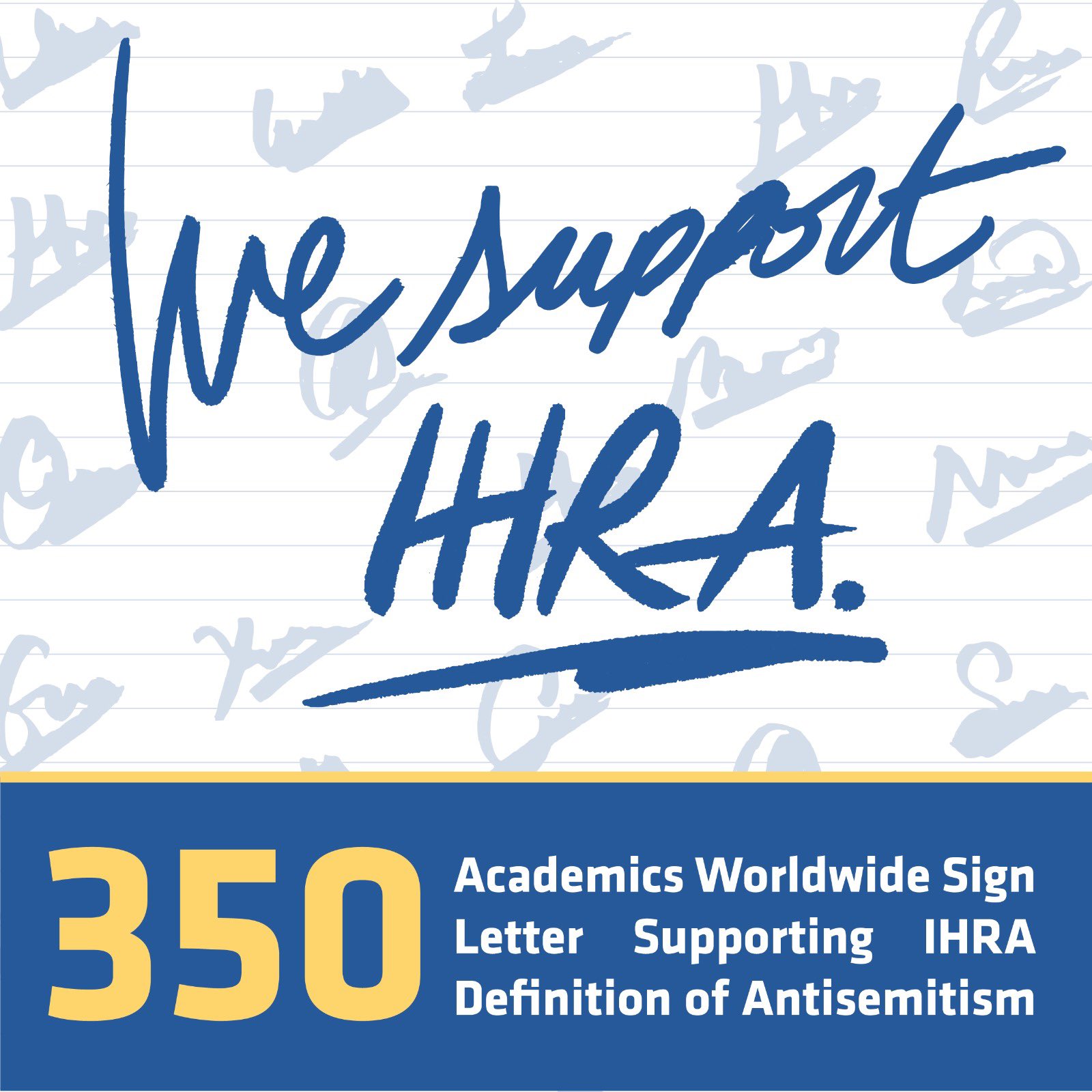Torchlighters on Holocaust Martyrs' and Heroes' Remembrance Day 2021
Each year, six Holocaust survivors are chosen to light torches at Yad Vashem in Jerusalem on Holocaust Remembrance Day, which began Wednesday evening, in memory of the six million Jews who were murdered during the Holocaust.Ronald Lauder: Holocaust Remembrance Day: We can't let our past be our children's future
- Manya Bigunov was born in 1927 in the Ukrainian city of Teplyk. In July 1941, the Germans occupied Teplyk and sent residents to forced labor. She escaped from one of the labor camps and survived in the Bershad ghetto in Transnistria. After the war, Manya filled dozens of Yad Vashem's Pages of Testimony commemorating the people of Teplyk. In 1992, she immigrated to Israel.
- Yossi Chen was born in 1936 in Lachwa, Poland (now Belarus). On Passover eve 1942, all the town's Jews were ordered to move into the ghetto. In August 1942, the Jews learned that the ghetto residents were about to be murdered and an uprising broke out in full cooperation with the ghetto Jewish council, the Judenrat. While the majority of the Jews who tried to flee were shot and killed, six-year-old Yossi fled to the forests. Yossi and his father hid in haystacks, swamps and forests, drank water from swamps and ate berries until they found the partisans. In July 1947, the two boarded the Exodus illegal immigrant ship.
- Sara Fishman was born in 1927 in what is today Neresnytsya, Ukraine. When Sara and her sisters arrived in Auschwitz, one of the prisoners threw a stone at them with a note attached. The note read that the smoke they saw from the chimney was their parents. Later she was sent to forced labor outside Auschwitz and then to Bergen-Belsen. In 1949 she immigrated to Israel and served in the IDF during the War of Independence.
- Halina Friedman was born in Lodz, Poland, in 1933. In the Warsaw ghetto, her parents worked in a factory that repaired uniforms for the German Army, and Halina was placed in a kindergarten for the workers' children. In 1942, the children were taken out and shot by machine gun. Halina fell, but was not injured. She lay among the dozens of dead children, covered in their blood. Only at night did she return home. She escaped when the Warsaw Ghetto Uprising broke out in 1943 and for 18 months was hidden in a bunker at the home of two Polish people, Jerzy Kozminski and his stepmother Teresa Kozminska, who were recognized as Righteous Among the Nations in 1965.
- Zehava Gealel was born in 1935 in The Hague, Netherlands. Dutch police accompanied by Germans arrived to take the family members into custody, but thanks to documents sent by Zehava's grandfather in the U.S., the family members were granted Romanian citizenship and were defined as political prisoners. She was later sent to the Ravensbruck concentration camp in Germany and then to Bergen-Belsen. For the past 50 years, Zehava has been a nurse at Sheba Medical Center at Tel Hashomer in Israel.
- Shmuel Naar was born in 1924 in Thessaloniki, Greece. In March 1943 the city's Jews were deported, mostly to Auschwitz. In January 1945, Shmuel was forced on a death march to Bergen-Belsen. In November 1945, he boarded the Berl Katzenelson illegal immigrant ship bound for Israel. When the ship was discovered by a British destroyer, Shmuel jumped into the icy water and swam to shore. Shmuel fought in the War of Independence and in all the wars of Israel including the Yom Kippur War as a combat medic.
“We cannot let our past become our children’s future.” These words were spoken by Roman Kent, an Auschwitz survivor on the 70th anniversary of the liberation of the death camp. These words are still ringing in my ears. I think about them all the time and they have guided me over the past six years, since I stood at the those terrible gates – gates that saw over one-million Jewish mothers, fathers and so, so many children pass through them. They went into the camp, but they never came out.JPost Editorial: Holocaust Remembrance Day: Remember, appreciate Israel
Five years after Roman Kent spoke those words, I brought 120 survivors and their families to the same gates for the 75th anniversary of the liberation by the Red Army. For many of them, it was their first time back since those terrible days. For many, it will probably be their last visit.
I was astounded to see their strength as we walked through the camp with their families. I also saw the pain in the faces of their children and grandchildren, who finally understood what they had experienced.
In my keynote address to them at those infamous gates, I talked about what it meant to have these survivors with us and what it meant to me personally. But also present were European leaders and dignitaries from more than 50 countries and I told them directly that they must do everything in their power to make sure that the rise in hatred that we are seeing, must be stopped in their countries. The continent of Europe owes this to the Jewish people.
Since that day, now more than a year and two months ago, I have stayed in touch with them. Sadly, we have already lost ten of them. This past Pesach, we held a Zoom meeting and they told me something that touched me to my core. They said they understood the Pesach story better than most people, because they were slaves themselves. And, perhaps most importantly, they were delivered to freedom.
Holocaust Remembrance Day is a day to remember the alternative, to remember what happened to the Jews in Europe in the previous century, and through that simple act of remembering to better appreciate our lives now in the Jewish state in this century.
President Reuven Rivlin articulated this sentiment well during comments he made Tuesday when giving Prime Minister Benjamin Netanyahu the mandate to form the next government.
Rivlin related how last week former Supreme Court president Aharon Barak came to the President’s Residence and told his tale of survival as a young boy living behind the wall in the home of a Lithuanian farmer.
Barak, Rivlin said, kept his composure throughout the telling of this harrowing tale, which included the “most terrible and dreadful moments of the selection of children in the ghetto.”
Barak’s voice only wavered, Rivlin recounted, when he described meeting soldiers of the Jewish Brigade wearing a badge of the blue and white flag.
“The State of Israel is not to be taken for granted,” Rivlin said. “We hold – you the citizens of Israel hold – [in hand] the greatest treasure of the Jewish people.”
That the Jewish people should not take the existence of the State of Israel for granted is an obvious sentiment. But, as Menachem Begin once famously quipped, even the obvious needs to be restated from time to time.
It is human nature not to fully appreciate everyday wonders until they are gone: being able to walk, until you can’t; being able to see, until you go blind; being able to bend, until your back goes out.
So, too, it is difficult to appreciate the wonder and miracle of the Jewish state unless you step back and remember what things looked like without it. Holocaust Remembrance Day, among its other messages, commands us to do just that.





 Jerusalem, April 8 - The Islamic council that administers the plateau they call the Haram al-Sharif, or Noble Sanctuary, and which endorses the use of the holy site for sports competitions, day camps, and other non-holy pursuits, aims to preserve the sanctity of the compound by preventing members of the Hebraic faith from engaging in devotional rituals when visiting.
Jerusalem, April 8 - The Islamic council that administers the plateau they call the Haram al-Sharif, or Noble Sanctuary, and which endorses the use of the holy site for sports competitions, day camps, and other non-holy pursuits, aims to preserve the sanctity of the compound by preventing members of the Hebraic faith from engaging in devotional rituals when visiting.



































.jpg)
